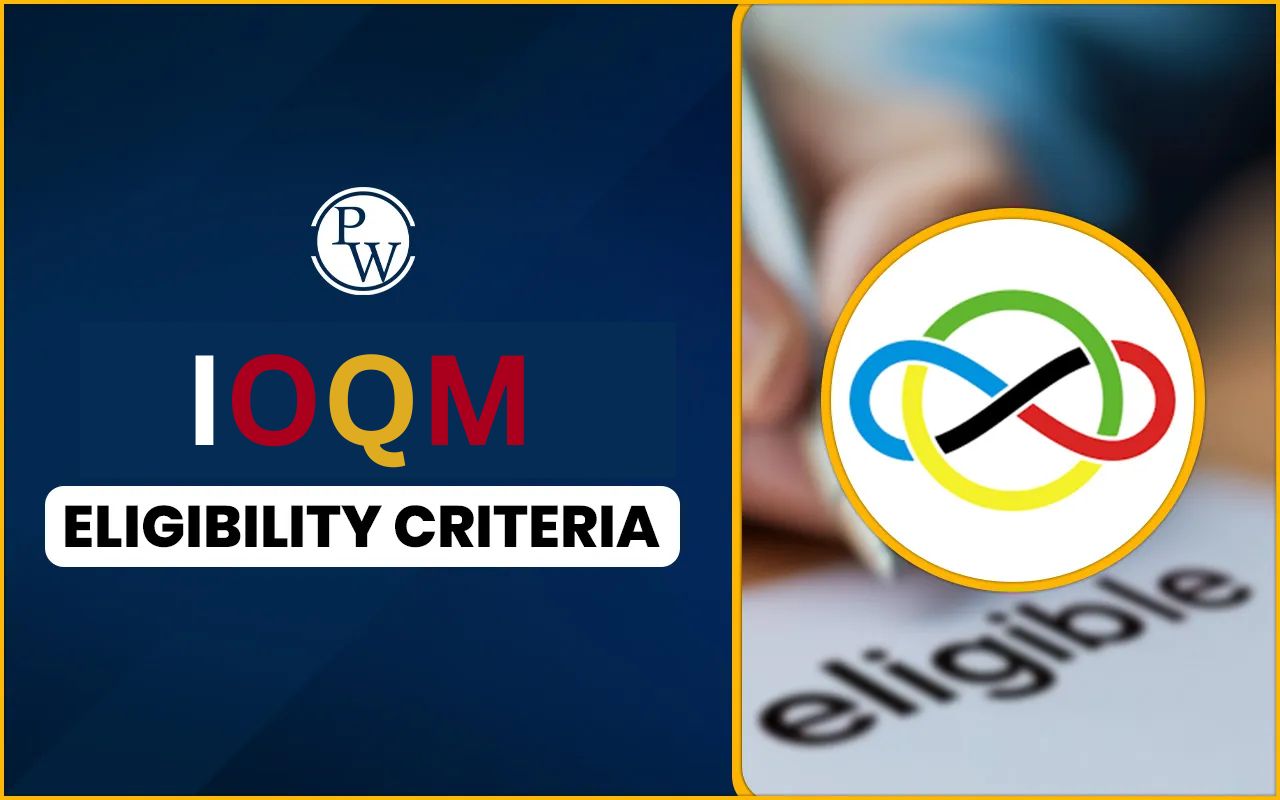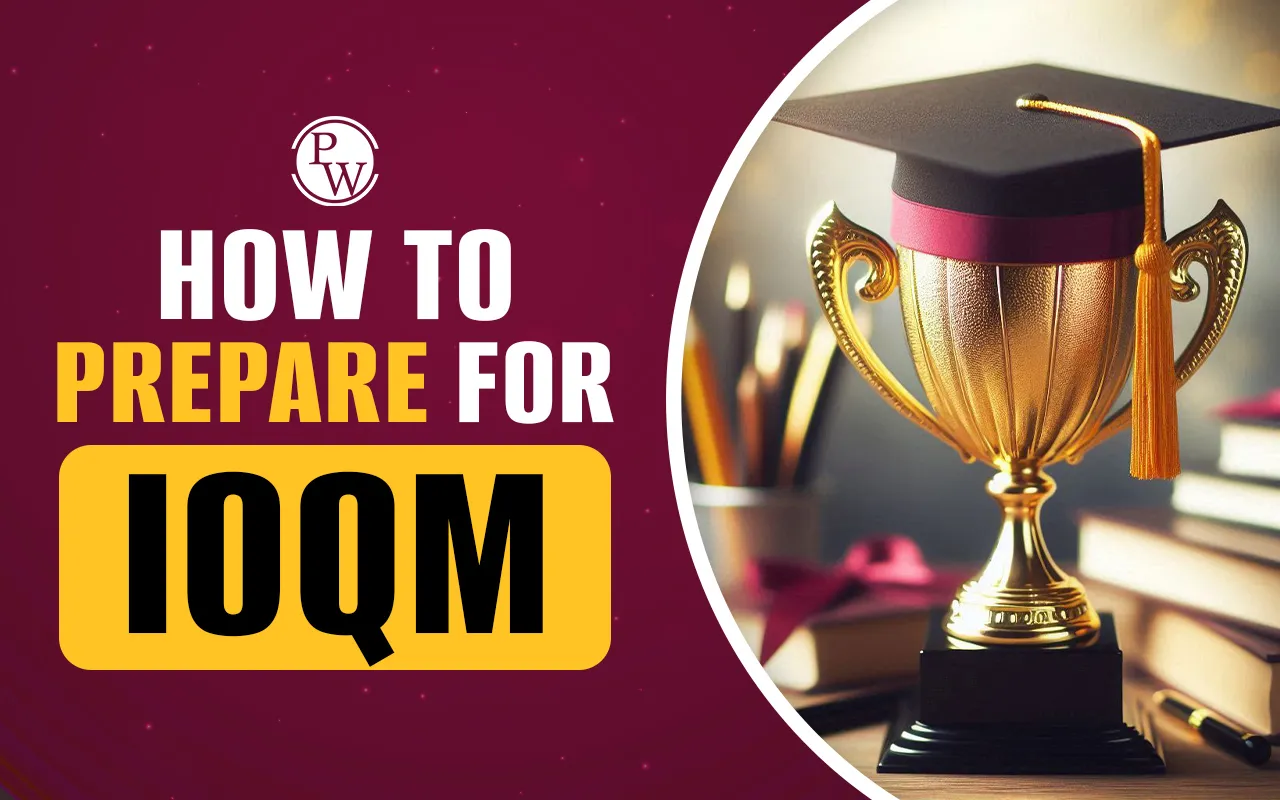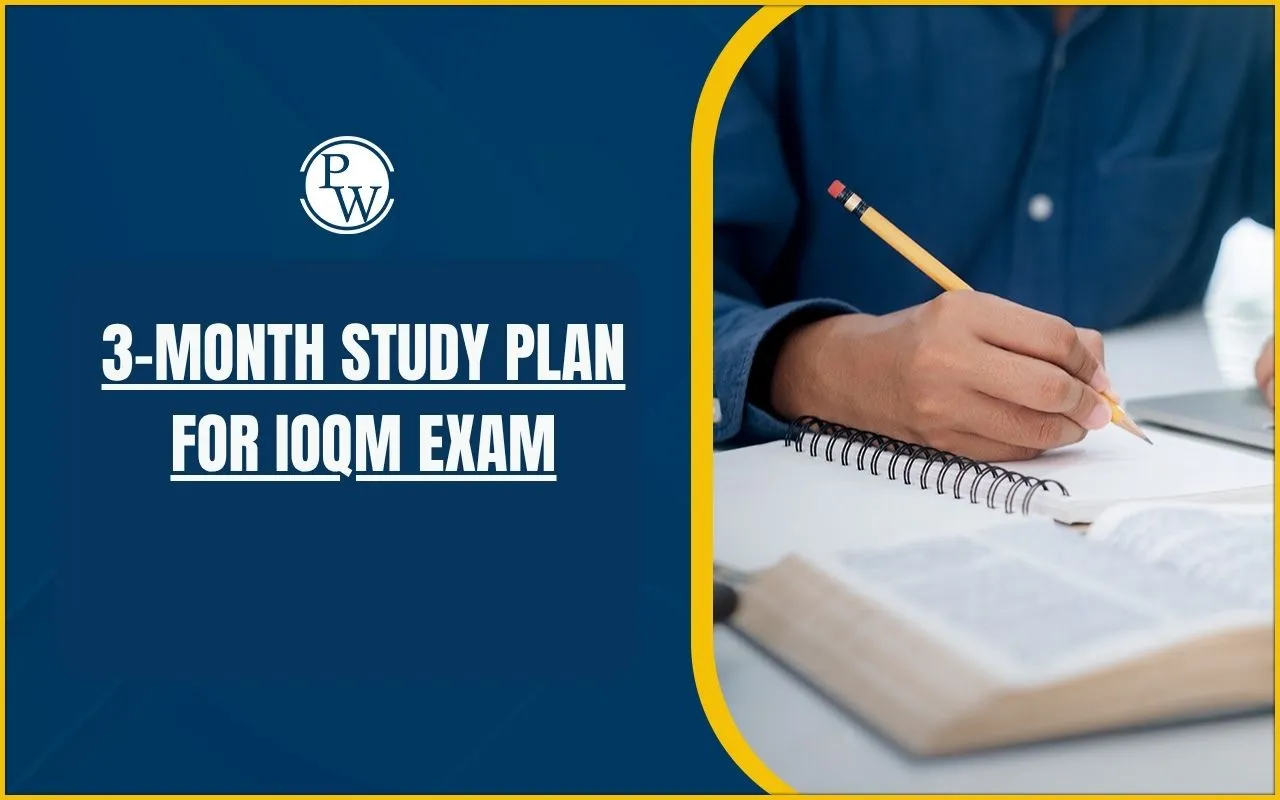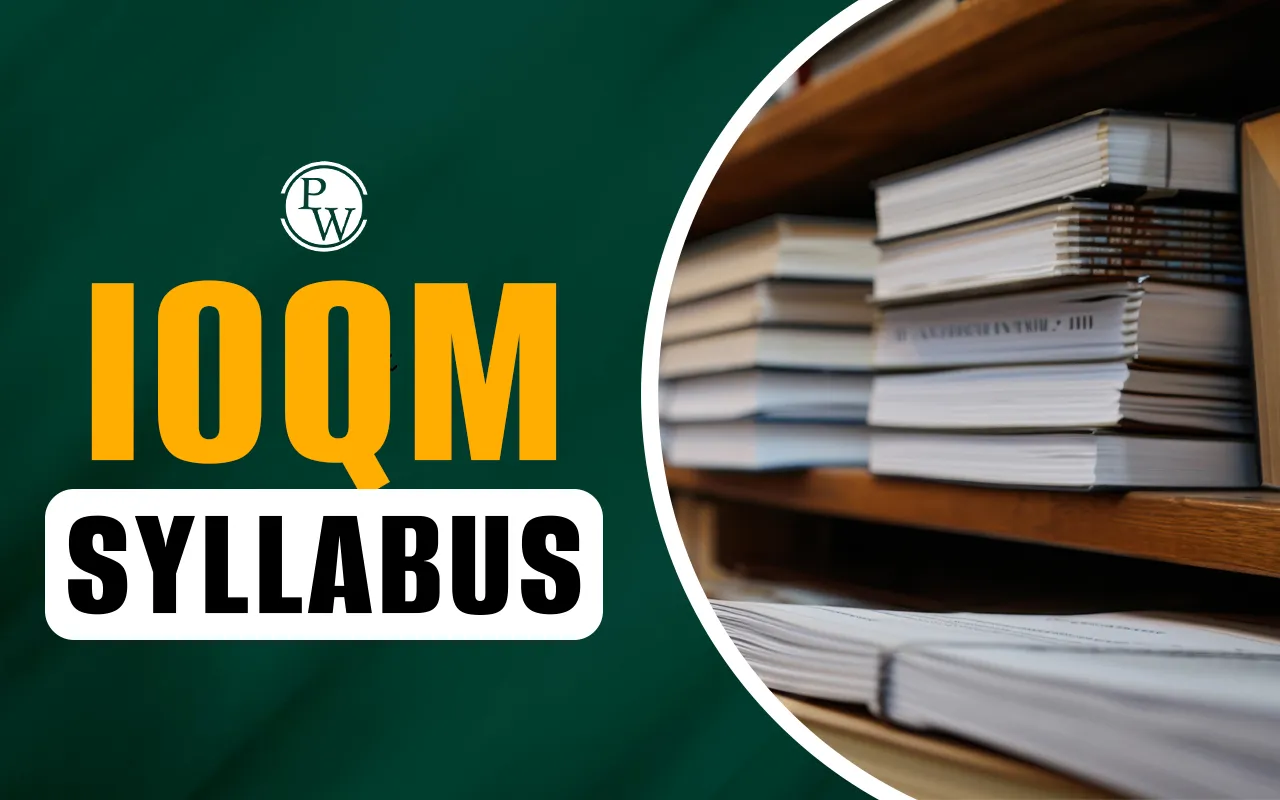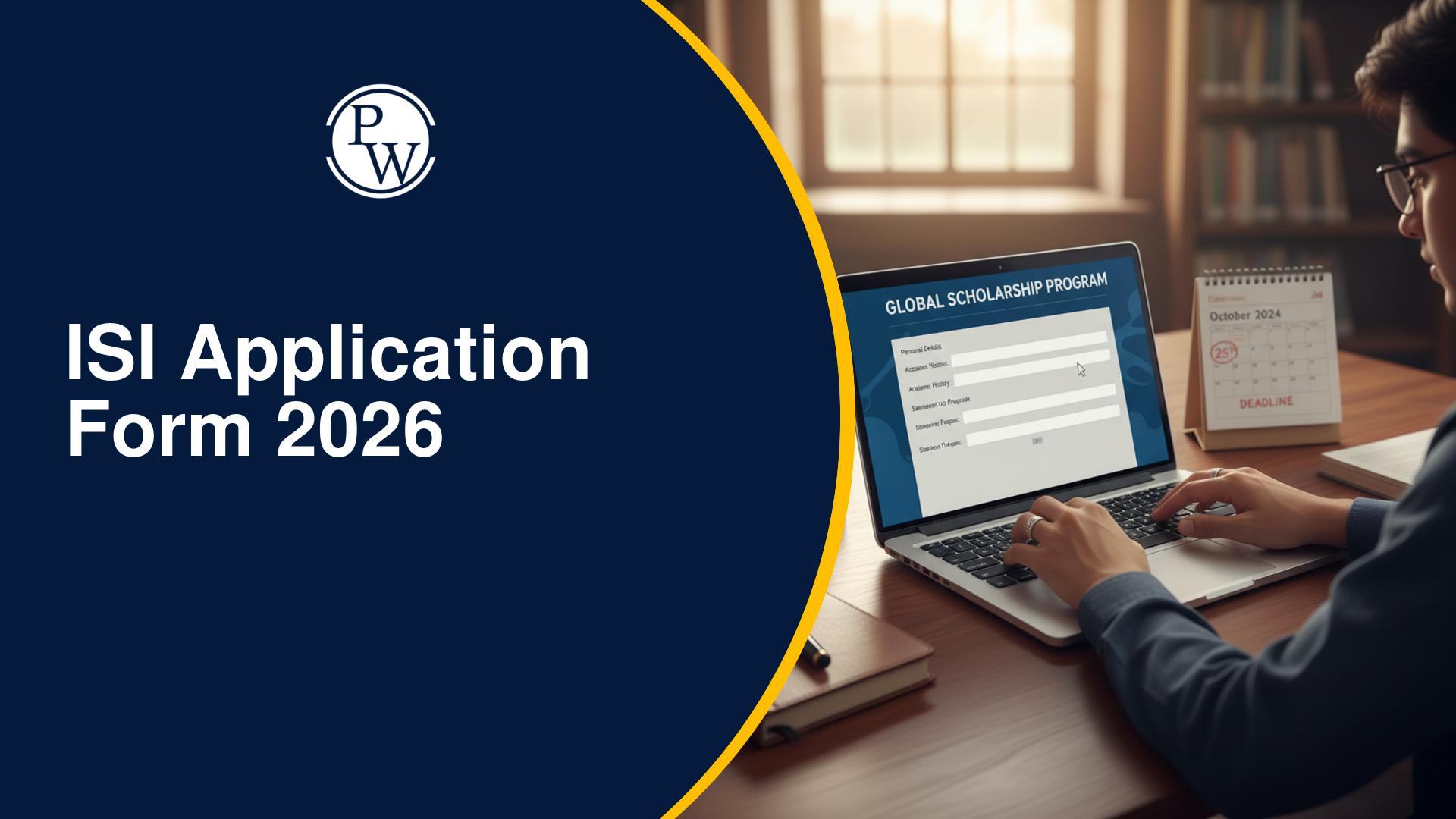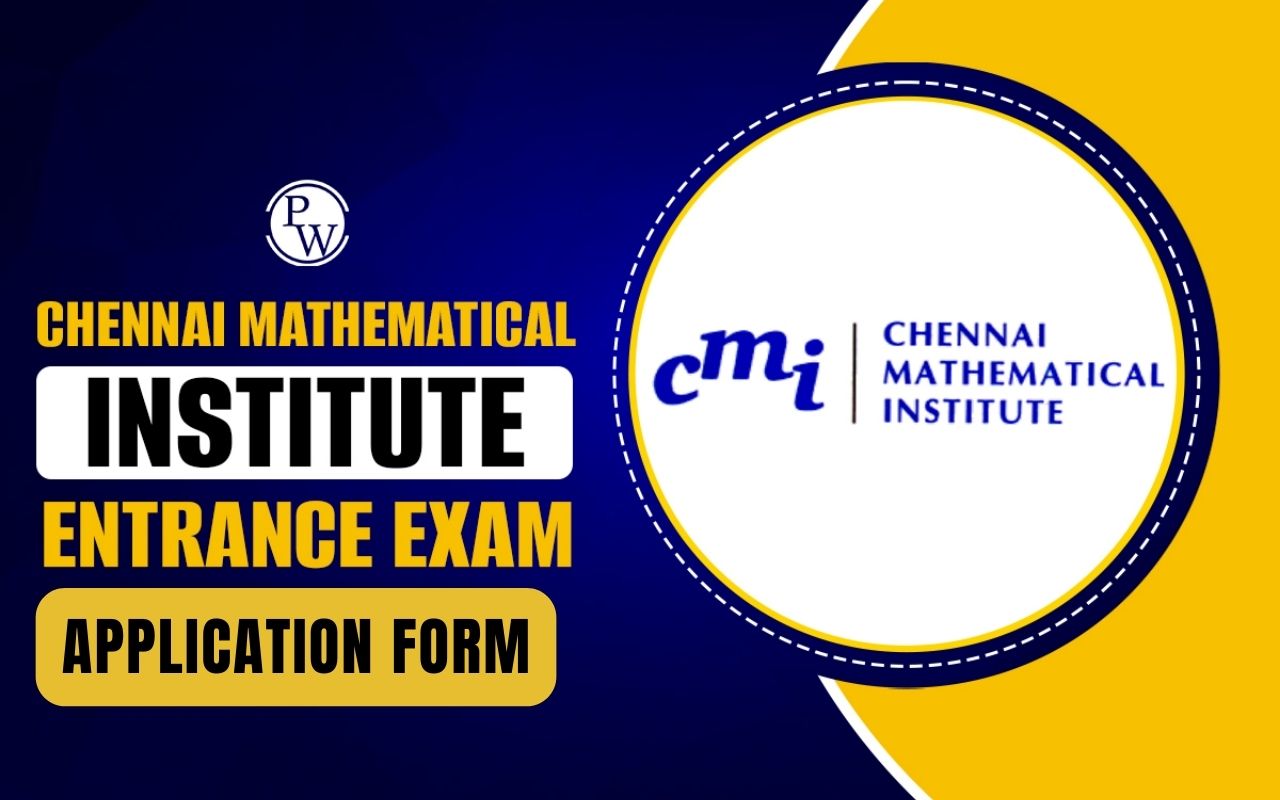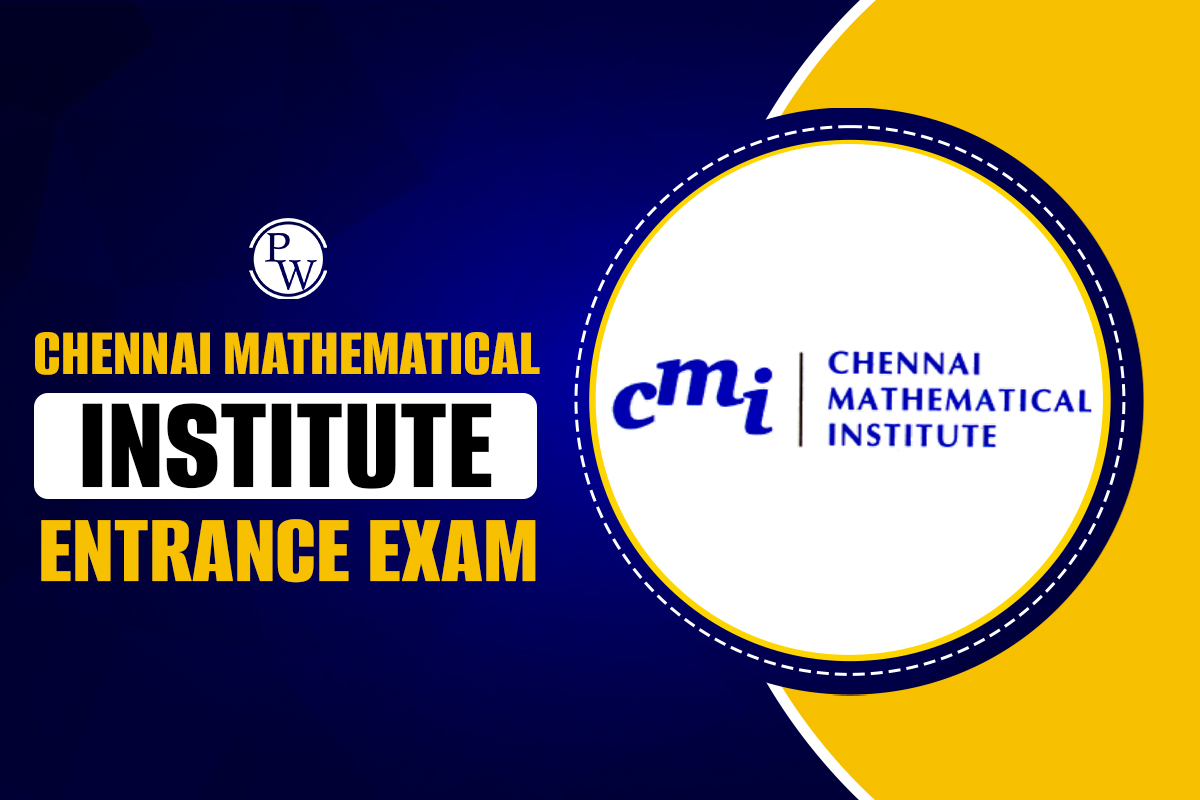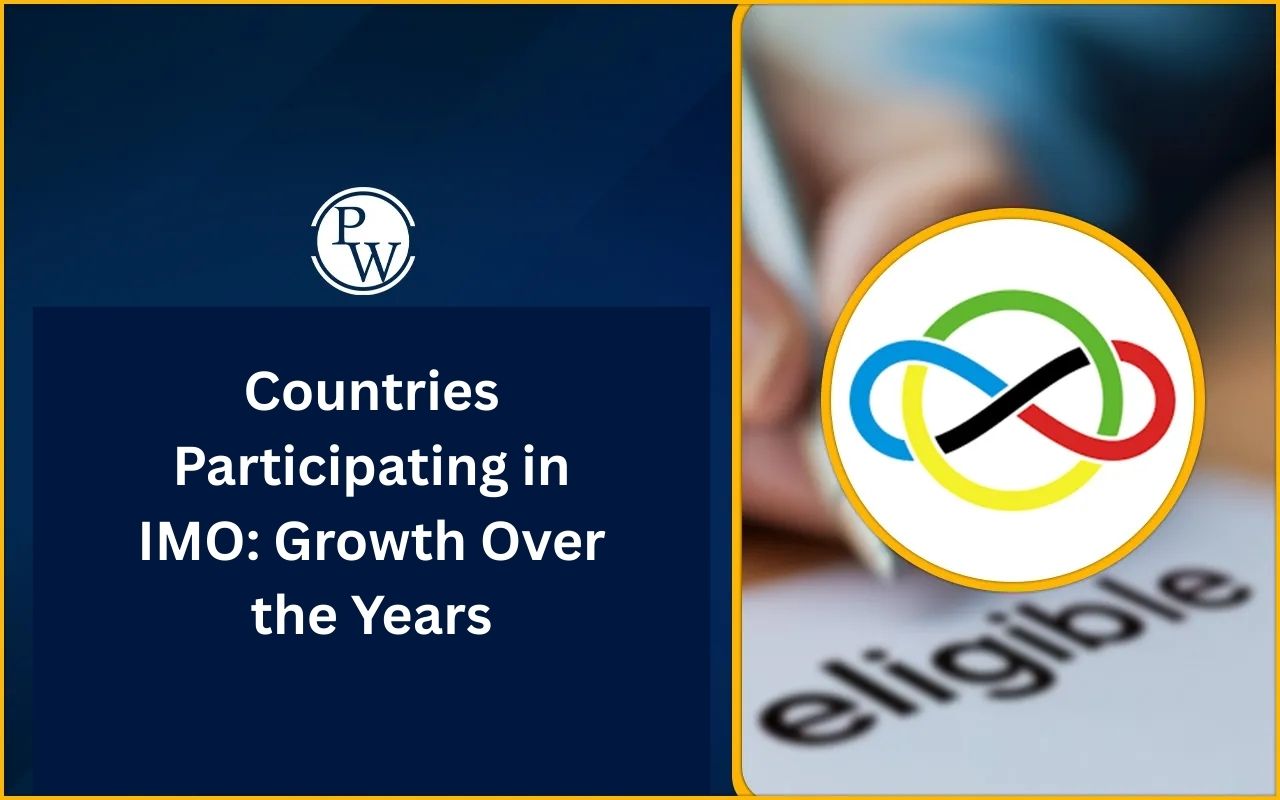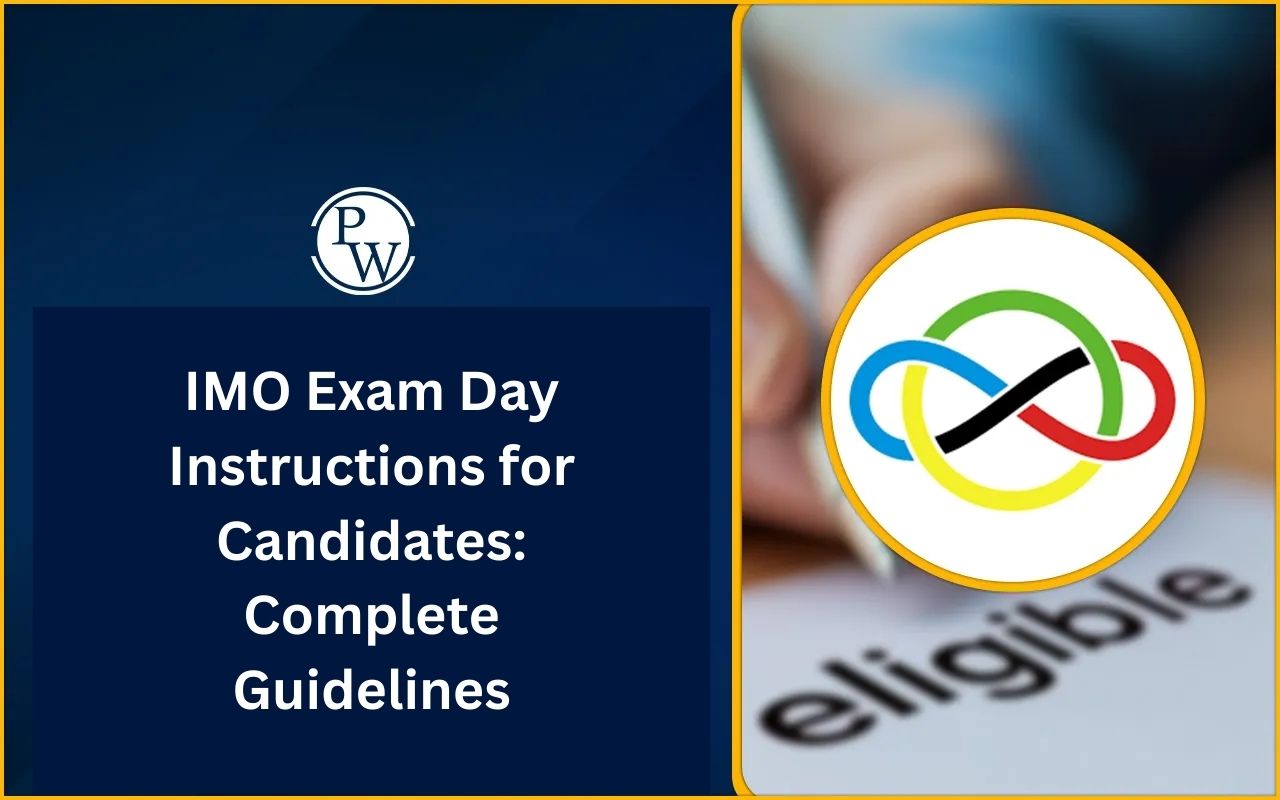
The European Girls’ Mathematical Olympiad (EGMO) is an international mathematics competition for female high school students regulated by the EGMO Board.
The EGMO is regulated by General Regulations along with the Annual Regulations that outline particular details unique to each EGMO or mandated by national law.
Although the EGMO takes place in Europe, it welcomes female contestants from across the globe and is regarded as the most esteemed mathematics competition for girls. In recent times, competitors from nearly 55 nations have been invited to the event.
To take part in the EGMO, the students must qualify in the corresponding national competition. Along with their advisors, the students create the relevant national delegation.
About European Girls’ Mathematical Olympiad 2025
The 14th Edition of European Girls’ Mathematical Olympiad is going to be held in Kosova from 11th to 17th April 2025.
EGMO 2025 is open to female participants from all over the world who are below the age of 20 and not enrolled in a university.
The competition has grown from 19 teams in the first edition to 57 in the eleventh edition, with the number of contestants growing from 61 to 226 in the same period. In 2024, the 13th EGMO was held in Tsqaltubo, Georgia, with 54 teams participating.
India has been participating in EGMO since 2015, with the selection process connected to the International Mathematics Olympiad (IMO). The 13th EGMO in the year 2024 saw the Indian team win two silver and two bronze medals.
The EGMO encourages young researchers, enhances the percentage of female participants in IMO teams, and fosters social, cultural, and interdisciplinary interactions among teenagers globally.
EGMO 2025 Registration
Participation in an EGMO is limited to invited countries only. Each invited nation is required to send a team made up of a maximum of four female participants, a leader, and a deputy leader.
Participant registration for EGMO 2025 has been started on 1st February and the deadline is 28 February 2025.
There is no direct registration for the European Girls Mathematical Olympiad (EGMO). Selection for EGMO is based on performance in national mathematics olympiads or equivalent selection programs
Contestants from each country are typically citizens or residents of that nation and should be chosen through that country's national Mathematical Olympiad or a similar selection program.
If you are curious about the selection process for a particular country, please visit the National Mathematical Olympiad website https://www.egmo.org/egmos/.
EGMO Exam Date 2025
The European Girls’ Mathematical Olympiad (EGMO) 2025 will be held in Prishtina, Kosovo. The contest papers will be held 11th to 17th April 2025. Contestants must have been born on or after 2 April 2005.
A team of up to four girl students will be selected for participation in EGMO 2025 on the basis of their performance in the selection tests held during the European Girls’ Mathematical Olympiad Training Camp (EGMOTC) 2025.
|
EGMO Exam Date 2025 |
|
|
Organization |
EGMO Board |
|
Exam Name |
European Girls’ Mathematical Olympiad |
|
EGMO Exam Date 2025 |
11th to 17th April 2025 |
|
Mode of Exam |
Written Paper |
|
Number of Questions |
Each written test consists of three problems |
|
Duration of Exam |
4.5 Hours |
|
Language of EGMO Test |
English |
|
Official website |
|
EGMO Syllabus 2025
The European Girls’ Mathematical Olympiad (EGMO) is an international mathematics competition for high school female students. The EGMO Syllabus 2025 includes pre-degree college mathematics, with questions of a high level of difficulty.
-
Arithmetic of integers
-
Algebra
-
Combinatorics
-
Geometry
-
Quadratic equations and expressions
-
Trigonometry
-
Co-ordinate geometry
-
System of linear equations
-
Permutations and combinations
-
Factorization of polynomials
-
Inequalities
-
Elementary combinatorics
-
Probability theory and number theory
-
Finite series and complex numbers
-
Elementary graph theory
European Girls’ Mathematical Olympiad Eligibility
-
A country’s contestants should normally be citizens or residents of that country, and should be selected through that country’s national Mathematical Olympiad or equivalent selection programme. Candidates have to qualify the olympiads such as IOQM, RMO, INMO, and IMOTC.
-
Contestants must have been born less than twenty years before 1 April in the year of participation at the EGMO.
-
Contestants must have been normally enrolled in full-time primary or secondary education on or after 1 December in the year prior to the EGMO.
-
In the case of home-schooled students, they must not have received a high-school diploma (or equivalent), and must be working toward such a credential on 1 December.
European Girls’ Mathematical Olympiad Pattern
Students who wish to participate in the Mathematical Olympiad programme that culminates in taking part in EGMO should recognize that IOQM serves as the initial crucial step for the programme.
A team of at most four girl students selected at the end of EGMOTC accompanied by a leader, a deputy leader and an observer represent the country at the EGMO, held in April each year in a different European country.
The EGMO contest consists of two written tests held on two consecutive days. On each day of the contest the test consists of three problems and lasts for four and half hours. Here we have detailed the European Girls’ Mathematical Olympiad Pattern
-
The EGMO exam is held on two consecutive days
-
Each exam paper consists of three problems
-
Each exam paper lasts 4.5 hours
-
Contestants can receive problems in one or two or three languages
-
Contestants must work independently
-
Contestants must submit solutions in their own language
-
Contestants can only use writing and drawing instruments
How to Qualify for EGMO 2025 in India?
In India, the Mathematical Olympiad program consists of six stages to select students for International Olympiads.
-
Stage 1: Qualify IOQM (Indian Olympiad Qualifier in Mathematics)
-
Stage 2: Regional Mathematical Olympiad (RMO). Top students from Class VIII, IX, X, XI and top students from class XII + next 5 girl students are sent to HBCSE.
-
Stage 3: Indian National Mathematical Olympiad (INMO). Up to 5 girl students are chosen based on their performance in INMO for participation in EGMO.
-
Stage 4:
-
International Mathematical Olympiad Training Camp (IMOTC)
-
European Girls’ Mathematical Olympiad Training Camp
-
Stage 5 European Girls Mathematical Olympiad (EGMO). A team of at most four girl students are selected
European Girls’ Mathematical Olympiad Preparation Strategy
To prepare for the European Girls’ Mathematical Olympiad (EGMO), consider the following strategies:
-
Understand the EGMO: The EGMO is an international mathematics competition for high school girls, similar to the International Mathematical Olympiad (IMO). It aims to encourage girls in mathematics and provide opportunities for development.
-
Syllabus: While a specific syllabus may not be available, the exam is generally centered on the curriculum designed by educational boards.
-
Exam Format: The contest consists of two written tests held on consecutive days, with three problems in each test. The time duration for each test is four and half hours. Each problem carries 7 points.
-
Practice with EGMO Sample Papers: Working with sample papers helps you understand the question paper pattern and identify areas needing more focus. It also provides valuable exposure to the types and difficulty levels of questions expected in the exam.
-
Solve EGMO Previous Year Papers: Solve past year papers and compare your solutions with the officially written solutions to identify areas for improvement.
-
Take Mock Tests: Regularly take mock tests to upgrade your preparation level and get rid of anxiety or nervousness.
-
Problem-Solving Strategies: Try a problem for a considerable amount of time. If stuck, look for similar problems or hints.
-
Geometry: If geometry is a strong area, explore topics like the incenter-excenter configuration. Consider reading the initial chapters from "EGMO" by Evan Chen.
-
Training Camps: Participate in training camps that offer lectures, problem-solving sessions and mock Olympiads. Topics covered can include invariance, functional equations, homothety, and number theory.
-
Mentors/Teachers: Follow good teachers who have advanced content for ISI, CMI, and IMO.
-
Steady Growth: Maintain steady growth and avoid over or under confidence.
-
Eligibility: Contestants must be less than twenty years old before April 1st of the year of participation.
-
Participation: Participation in EGMO is by invitation only. Each invited country sends a team of up to four contestants, a leader, and a deputy leader. In India, 5 to 6 girls are selected from each region after the Regional Mathematical Olympiad (RMO) to participate in the EGMO
European Girls’ Mathematical Olympiad Awards and Recognition
At the European Girls' Mathematical Olympiad (EGMO), competitors can earn accolades such as gold, silver, and bronze medals depending on their cumulative performance.
With the highest achievers obtaining gold, followed by those awarded silver and bronze medals; participants who excel in specific problems but do not achieve the necessary score for a medal might be granted an "Honorable Mention".
-
The top 1/12 of the competitors receive a gold medal
-
The following 1/6 of the general classification receive a silver medal
-
The subsequent 1/4 of the general classification receive a bronze medal
-
All those who have not received a medal but have scored the maximum points in at least one of the six problems receive an honorable mention.
European Girls’ Mathematical Olympiad Benefits
The European Girls’ Mathematical Olympiad (EGMO) is an international mathematics competition for high school students who identify as women, created to encourage their participation in mathematics and STEM fields. Participation in the EGMO can provide numerous benefits:
-
Encouragement and motivation: EGMO seeks to stimulate and motivate young women to pursue their passion for mathematics. The competition aims to inspire girls to participate in national and international mathematics competitions, providing more opportunities for mathematical development.
-
Skills development: Taking part in the EGMO strengthens problem-solving and mathematical reasoning capabilities. Participants can ignite a passion for mathematics and problem-solving. Solving challenging problems helps them think outside the box and be creative.
-
Community and networking: The EGMO provides a supportive and inclusive environment for female participants. Participants have the possibility of finding associates and making connections while fostering cultural exchange among teenagers worldwide. The EGMO provides friends with similar interests, role models, and inspiration.
-
Personal growth: The EGMO can have a profound effect on a participant's life, sparking a love and passion for maths. It can open up endless opportunities and make participants more curious in maths. Participants may gain confidence and learn the structure of math olympiad contests.
-
Advancement of women in STEM: By hosting the EGMO, organizers seek to inspire young women to pursue further studies and careers in mathematics and related disciplines, contributing to the overall advancement of women in STEM worldwide. The EGMO gives more girls an opportunity to perform mathematically on an international stage.
-
Exposure and recognition: Medals are awarded to about half of the students, with additional recognition for outstanding problem-solving skills. The EGMO had a Return on Investment (ROI) due to media coverage, inspiring interest in mathematics.
European Girls’ Mathematical Olympiad PYQs
To prepare for the EGMO, students should focus on the syllabus, review sample question papers, and practice with previous years' question papers. Working through the European Girls’ Mathematical Olympiad allows students to identify their strong and weak areas, which helps them focus their preparation efforts effectively. We have provided below the EGMO PYQ PDF.
European Girls’ Mathematical Olympiad FAQs
Q1. Who regulates the European Girls’ Mathematical Olympiad?
Q2. What is the date for EGMO 2025?
Q3. Who is eligible to appear for the European Girls’ Mathematical Olympiad?
Q4. How to get registered for EGMO 2025?
Q5. What is the venue for EGMO 2025?


